Dictionary of
INDOLOGY
Vishnulok Bihari Srivastava

Published by:

F-2/16, Ansari Road, Daryaganj, New Delhi-110002
 011-23240026, 011-23240027 Fax: 011-23240028
011-23240026, 011-23240027 Fax: 011-23240028
Email:
Regional Office :
Hyderabad Mumbai
Follow us on: 


For any assistance sms VSPUB to 56161
All books available at www.vspublishers.com

Copyright:
ISBN 978-935-05723-5-1
Edition: April 2011
The Copyright of this book, as well as all matter contained herein (including illustrations) rests with the Publishers. No person shall copy the name of the book, its title design, matter and illustrations in any form and in any language, totally or partially or in any distorted form. Anybody doing so shall face legal action and will be responsible for damages.
Dedication
To my respected father,
late Dr. Raj Bansh Sahay Hira,
Ph.D. D.Litt, former professor of Hindi, M. U.,
Bodh Goya, Whose Momery has been a fountain
of inspiration for me at every step.
Publishers Note
Scriptural Transliteration has not been used in this book Dictionary of Indology, instead only has beentakenfrom it for long a sound, which is otherwise very difficult to write in Roman Script. Rest of everything is as written in government papers, educational and other institutions, general books, newspapers and magazines etc. It will help the general reader to read and understand easily: numerous Indian words and names. It is difficult to write Shlokas and Indian words in Scriptural Transliteration but more difficult to read. The reason is simple, the writers know about it but most of the readers know almost nothing about the signs used in Scriptural Transliteration.
Names of persons have not been given in Italics to avoid confusion. All the entries have once been given in non-Italicized for the sake of general readers; though, initially they are given in bold-Italics.
Several Samskrit words coined together have been separated for clarity.
Since, the Indians never attached importance to date of birth, death and personal life, so a lot of precious time and energy is regularly wasted in proving or disproving the dates. As far as practicable, we have refrained from them.
Efforts have been taken to reduce the repetition of similar matters, yet repetitions are bound to occur because at their different places they are an integral part of the term being explained. Take for example, the play Abhigynashkuntalam, which is there as a drama, as the work of the author Klidsa as well as mentioned in the Ntyashtra.
The whole book is packed with information, and each reader
A
Abhidh-vritti-mtrik: Abhidh-vritti-mtrik is a minor work that contains mature ideas on poetics. The authorship is attributed to Mukul Bhatta who became famous in the 9th century. The work justifies Abhidh as the only Shabda-shakti, and the other two Vyanjan and Lakshan as its offshoots. The text consists of 15 kriks. The author has written a vritti on it. He opposed vyanjan taking it to be an inferior mode of expression. He has discussed ten kinds of Abhidhs, and was lenient enough to permeate six kinds of lakshan into it. Mammata was deeply influenced by his formulations. The influence is evident in his Kvya Praksh.
Abhigyna-Shkuntala: Abhigyna Shkuntala is a drama by Klidsa in seven acts. It is based on the love, separation and re-union of Shakuntal and Dushyanta that comes from the Adi Parva of the Mahbhrat. With minor changes the writer has created dramatic effect and given grandeur. It has acquired a new dimension, as the characters are given more liberty to evoke rasa. The amorous king of the Mahbhrat is refashioned as a character that is more daring, agile and firm.
Klidsa has deliberately introduced the episode of the curse by Durvs and the loss of ring to wash away the stains from the character of Dushyanta. For Shakuntal of Klidsa, love is no contract. It defies all considerations.
1st Act: Dushyanta arrives at the hermitage of Kanva in his absence and fascinated by her beauty falls in love with Shakuntal who readily gives consent to his proposal.
2nd Act: A messenger urges Dushyant to return to the kingdom to partake in the rituals being performed by the queen. He confides in his friend Mdhava who backed out and did not proceed to the capital.
3rd Act: Shakuntal is shown writing letters to Dushyant to lessen the pain of the agonising separation.
4th Act: Dushyant returns to the kingdom and gives a ring to Shakuntal for identification. Maharishi Durvs comes to the hermitage but finds none to greet him. Shakuntal is lost in the memory of her lover. Out of anger Durvs curses her that, he would forget her in whose memory she is so deeply engrossed. She awakens and prostrates before the Rishi begging for forgiveness. He calms down and shows a way that a mark of identity will give his memory back and her friend can identify her husband. Grief gripped the hermitage when Shakuntal departs for her husbands palace.
5th Act: Shakuntal arrives at the court but Dushyanta fails to recognise her, as she had lost the ring en route. She is abandoned and gets shelter from seer Marichi.
6th Act: The courtiers take the ring from a fisherman and give it to the king who regains the memory and realises his mistake. He launches a search operation to find Shakuntal.
7th Act: Dushyant reaches the cottage of Marichi and is astonished to see a boy playing with a lion. He catches hold of a magical gem falling from the hand of the boy. It remains unchanged though it would have changed into a stone if touched by a person other than the boys father. The surprised maid informs Shakuntal and the identity of Dushyanta is revealed. She is handed over to her husband. The play ends on a pleasant note.
Abhinava: Abhinava was a 10th century poet of Kashmir. He wrote an epic Kdambah-sra. He has narrated the story of Kdambari in Anushtupa Chhanda. He was the son of Jayant I, an eminent critic of

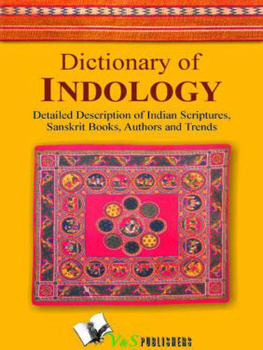
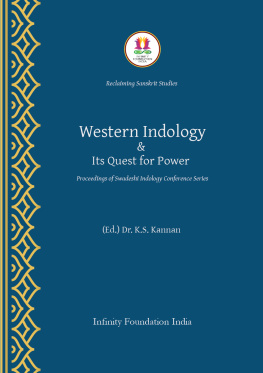
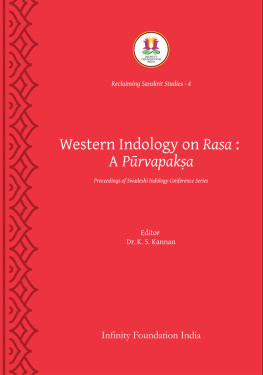
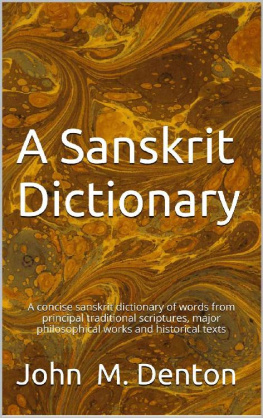

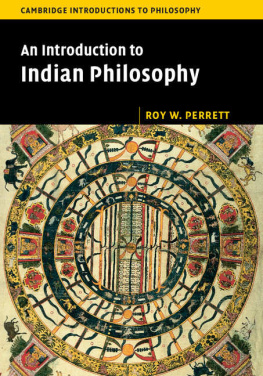
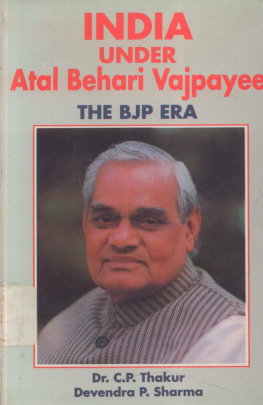


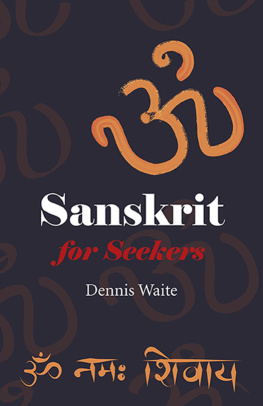
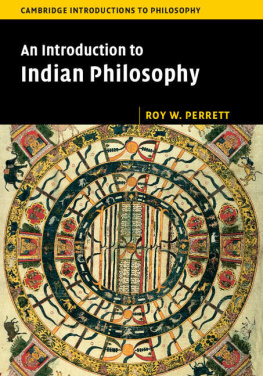



 011-23240026, 011-23240027 Fax: 011-23240028
011-23240026, 011-23240027 Fax: 011-23240028



